How Old Do You Have to Be to Wear Contacts?
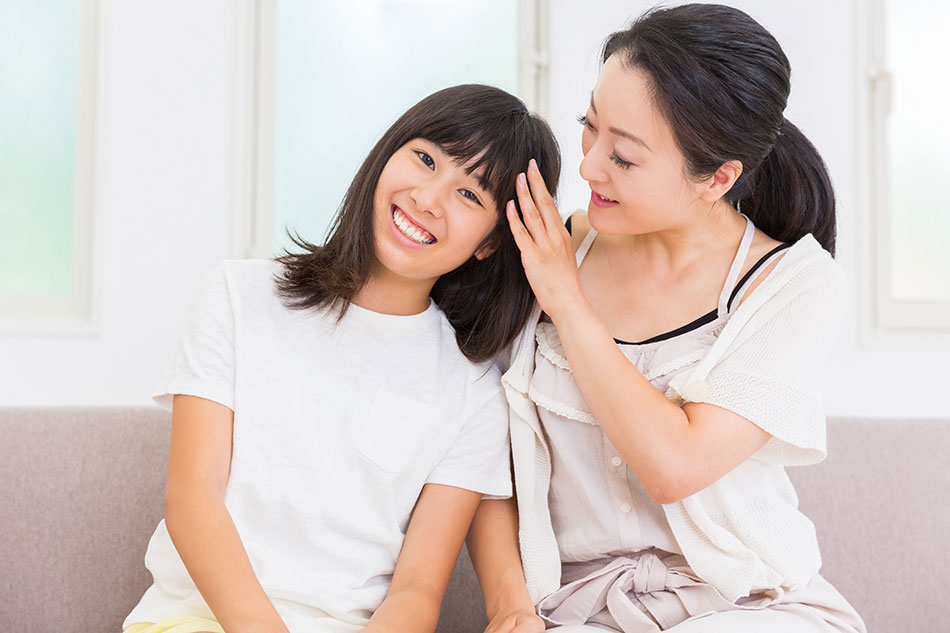
Myopia, or nearsightedness, can present itself early on. Because of this, a child might need to wear glasses at an early age. But contact lenses for kids are becoming more and more popular. Are they an option for your children?
This also raises the question: how old do you have to be to wear contacts?
Some might think that children under 12 aren't ready to wear contact lenses. Even for teenagers, it may be doubtful. This is understandable, since parents especially have safety concerns about contacts.
But what do eye specialists say? Let’s find out.
What Age Is Right for Contacts?
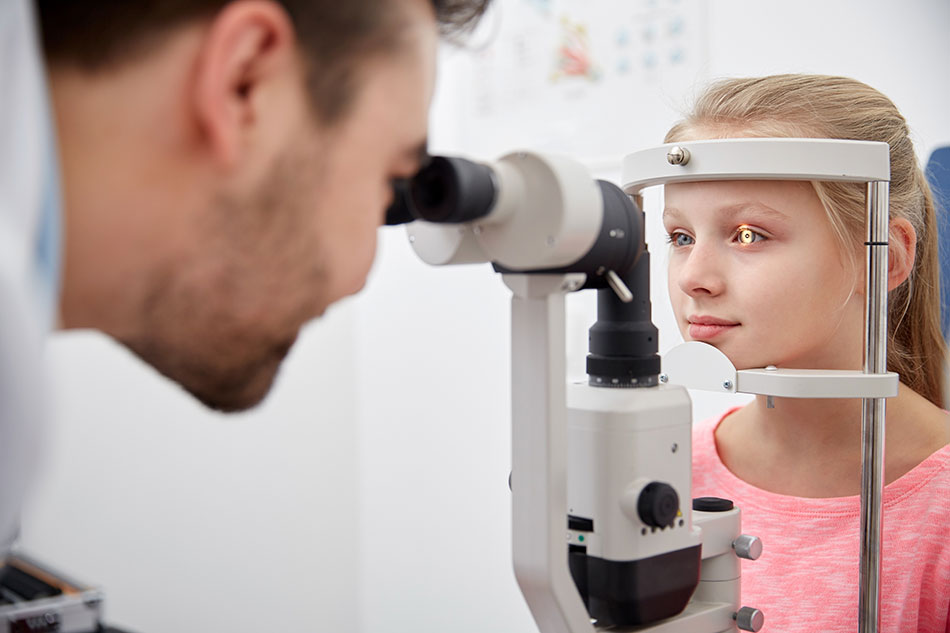
Although allowing children to wear contacts may not seem like a good idea, there's no real age limit. In fact, around 8% of contacts wearers are under 18 years old, which constitutes almost 4 million people in the United States alone.
In general, though, many eye doctors encourage contact wearing in early adolescence, so 11 to 14. If your concern is safety, you don't need to worry.
According to a recent study, the risks of developing eye problems while wearing contacts are not any higher in children than they are in adults. The risks associated with wearing contact lenses may even be lower in children ages 8 to 11. In fact, more parents and experts are advocating contact lens use for children as a means of improving their quality of life.
Some may deem it necessary as early as infancy, but those are rare cases. On the other end of the spectrum, some adults aren’t suited for contacts based on their conditions and lifestyles.
With that said, the rule of thumb is to listen to what the eye doctor says. If they recommend contacts, it's best to follow their advice. If not, you can always discuss other options.
What You Should Consider
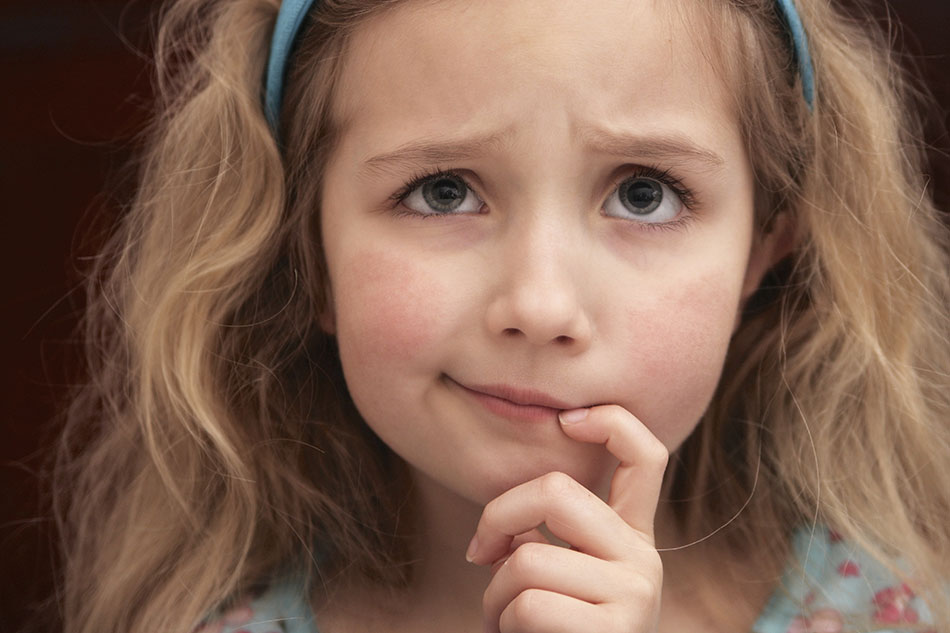
Now that you know how old you should be to get contacts, you should consider other factors as well. It's not only the age you should think about, but also how responsible and diligent the child is.
Wearing contacts involves inserting them every day and then removing them before going to bed. Forgetting to do so could cause discomfort, pain and infections. These could lead to vision loss or permanent eye damage.
Daily disposable lenses may be the best choice for some kids. They don't involve a cleaning regimen, so you throw them away at the end of the day. The next morning, you have a brand new pair to put in.
Both parent and child should pay close attention to the rules of wearing contacts. Many eye specialists claim that younger people are more diligent in cleaning than adults. The reason might be that they are more willing to listen to experts and their parents.
If you feel confident that you or your children can keep up with the responsibilities of wearing contact lenses, have a doctor prescribe them.
To see if your kids are up to the task, take note of how they handle their current responsibilities. Do they brush their teeth without you having to tell them? Are they diligent in doing their homework?
If you need to remind them to do these things, they may not be ready for contact lenses yet. The same is true for adults. If you often fall asleep right after work, you might have to consider keeping the glasses. That is, at least until you can adjust your routine to accommodate for contact lens care.
Why Wear Contacts Lenses?
Now that the age question is out of the way, you might still be asking: "should I get contacts for my children?" The answer depends wholly on you, but some of the benefits might help you decide.
Boost Confidence

Many teens and adults wear contact lenses to boost their confidence since glasses make them feel self-conscious. If people don't like their appearance in glasses, it can alter behavior and lower self-esteem. It can even affect their personalities and performance at school or work.
A study involving 484 myopic participants under 12 years of age backs this up. In this study, 247 children had to wear contact lenses, while 237 had to wear glasses for 3 years. At the end, those who wore contacts had a better quality of life, as evidenced by their survey answers.
Perform Activities Better and More Safely
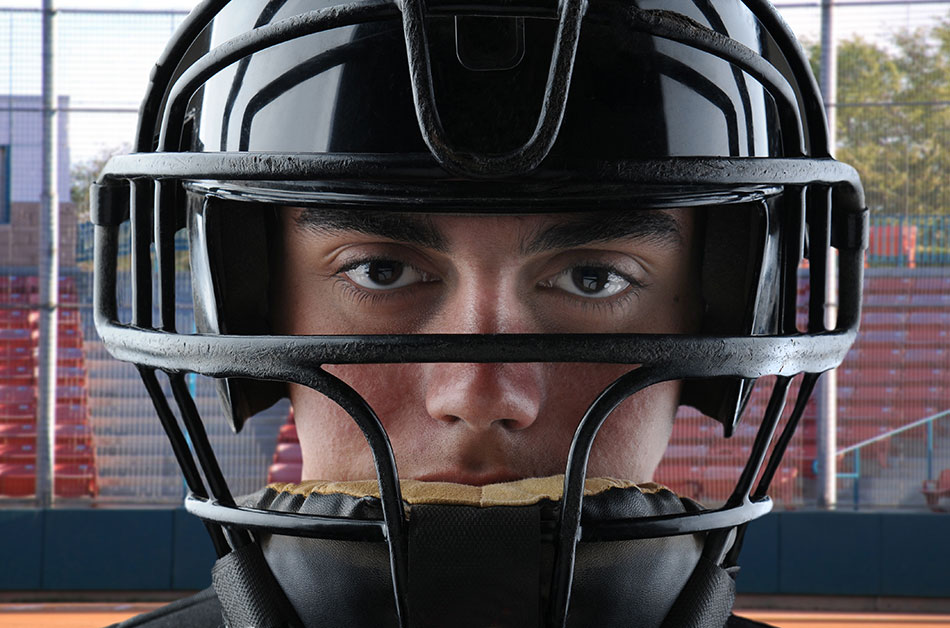
Contacts are a great alternative to glasses if your children are active. Although there are sports glasses, contact lenses can be less intrusive and safer overall.
The frames on glasses can break, which could cause injury. If kids choose contact lenses instead, they can wear protective goggles, helmets or other gear. Also, peripheral vision is not obstructed like it is with glasses, which improves performance.
Ortho-K lenses are great for active children as well. These are lenses that you wear overnight. They reshape your corneas while you sleep. This provides you with clear and sharp vision during the day without the need for corrective lenses.
Comfort
Having something in your eyes doesn't sound comfortable, right? But there is no need to worry. Modern contact lenses aren't that noticeable anymore, if at all. You only have to make sure that your children get the right contacts. Your eye doctor has the tools to fit them with the correct prescription, size and shape of the lens.
Do expect some discomfort in the early days of wearing contacts. Applying and removing them may be difficult at first, but this is normal. Once your kids settle into the process, it will be easier to put them in and take them out.
If they're squeamish about the idea of touching their eyes, you might have to forego getting contact lenses until your children can overcome that feeling. Know that they’re not alone. Your eye doctor can help them perform the routine task properly so they don’t hurt themselves.
Find the Right Contact Lenses for Your Kids
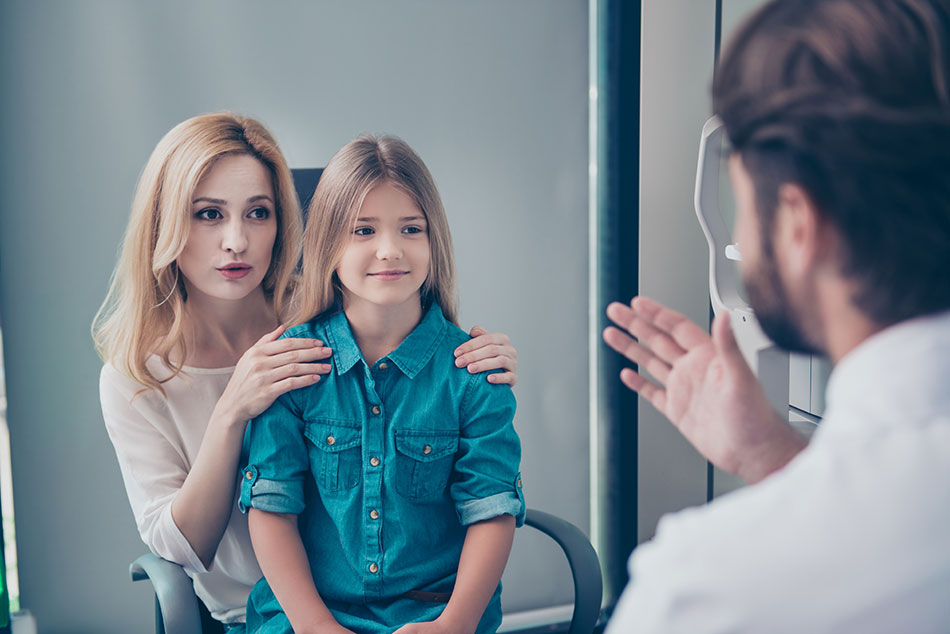
We now know that there's no concrete answer to the question: "how old do you have to be to wear contacts?"
But we also know that contacts for kids are definitely an option. Consult with an eye care specialist to find out what’s right for you and your kiddos.